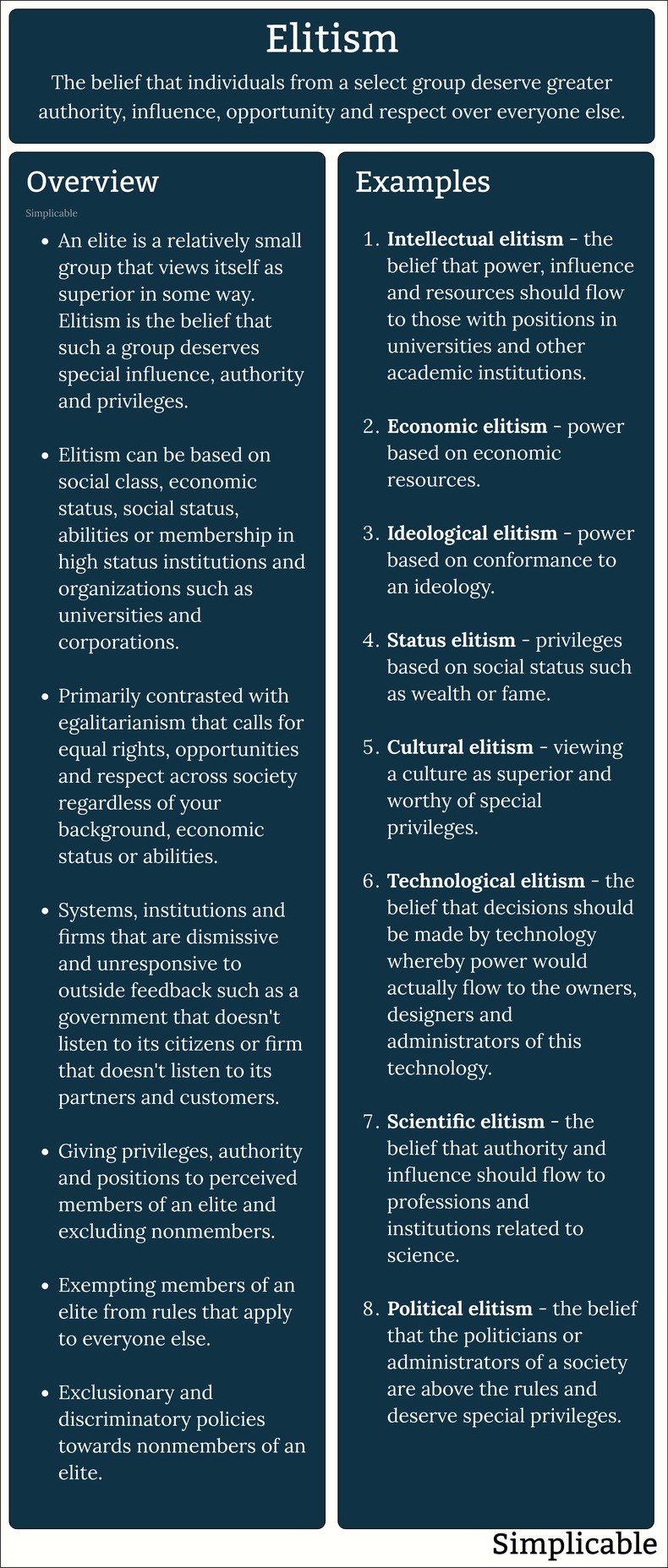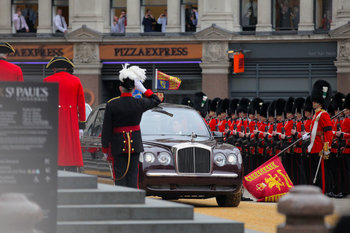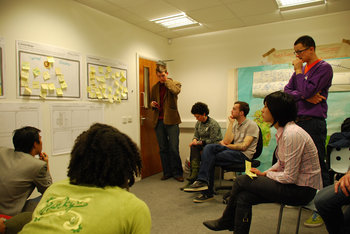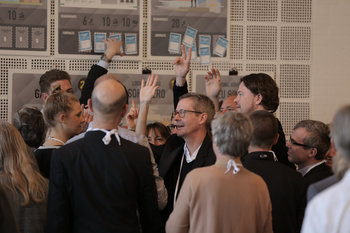Wealth
The belief that the wealthy achieved their position due to superior talents or destiny such that they deserve a larger role in things than regular people. In some cases, wealthy individuals overestimate their talents by downplaying external factors that contributed to their wealth such as the role of chance or the talents of others. This can occur even when wealth originates with rent seeking behavior.Identity
The belief that some component of identity such as race, ethnicity or family entitles a group to special powers, privileges, respect and rights. For example, belief in a system of ruling classes based on family right.Technological
The belief that humans are unreliable such that most decision making and power should be invested in a technological elite that design algorithms and artificial intelligence to run the world. This argument is presented a shift towards neutral automation as opposed to a power grab by the designers of technology.Administrative
The belief that a class of administrators such as public servants should run things without interference from the public. This may be extended to the belief that an administrator class deserve lavish benefits.Political
Elitism can be based on position in a political party or apparatus. For example, the belief that a small group of political insiders should run a nation without input from voters or that this group should enjoy great wealth at the expense of a nation.Ideological
The belief that an ideology is superior to all others and that its gatekeepers are entitled to run a society or civilization.Academic
Academic elitism is a sense of superiority and entitlement surrounding academic institutions, professions and domains. For example, a scientist who believes that only scientists from a top 20 university could possibly be worth listening to.Intelligence
The belief that power and privilege should be distributed based on the results of IQ tests or some other measure of intelligence as opposed to a meritocracy that distributes rewards based on real world results. For example, an individual with a high IQ score who feels entitled despite limited success using this intelligence to create value.Corporate
A feeling of superiority and demand for privilege based on membership in an large, well known company. For example, a CEO who believes that corporate entities should have control or effective control over laws, regulations and government spending.Social Status
Elitism based on some element of social status such as youth, physical appearance or coolness. For example, a hiring manager who believes that only "beautiful people" make good salespeople.Cultural
Elitism can be based on membership or perceived membership in a culture, subculture or super culture. For example, a wine aficionado who views themself as culturally superior. This can lead to a delusional sense of social status whereby an individual believes they are respected by others based on their hobbies and interests. This may not reflect the reality of how the individual is actually viewed by others.Summary
Elitism is the belief that a select group deserve special power, authority, influence, opportunities and privileges. This can be based on a wide range of factors that cause a group to view itself as superior and deserving of advantages. For example, a company that only hires from high status universities that excludes others whatever their abilities.
Discussion
An elite views itself as superior in some way. This may be somewhat true such as elite athletes who are generally better at a sport than others. However, this isn't necessarily true in every case. For example, an ideological elite that views itself as having superior ideas. This isn't necessarily true but such a group may view themselves as an elite nonetheless. Elitism can be contrasted with populism that demands that ordinary people who vastly outnumber an elite be given power and resources. Both of these views can be contrasted with meritocracy that assigns power, respect, position and resources base solely on the talents, potential and value created by each individual.An elite is always a small minority. At its extreme, elitism is the opinion that this minority should make most political decisions and control most resources. For example, the opinion that there should be a minimum income requirement in order to vote is an elitist view.| Overview: Elitism | ||
Type | ||
Definition (1) | The belief that a relatively small group deserve special privileges, power and respect due to their supposed superior qualities. | |
Definition (2) | A belief in the superiority of a minority and the view that this minority should make most political decisions and control most resources. | |
Related Concepts | ||




































